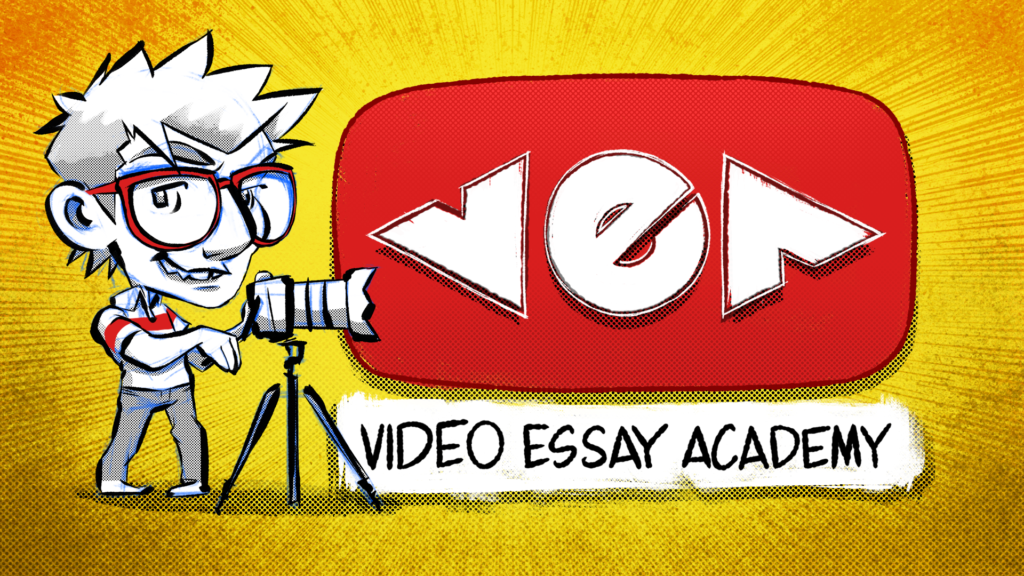Technology Now Changes Too Fast for Schools to Remain Relevant.
Rome fell 1500 years ago. The world didn’t change much for the next 1,000 years. In fact it got worse, not better. Most people couldn’t read. That’s approximately 25-33 generations before Gen Z.
But then we invented the printing press. Nearly everyone learned to read. Science was born. That was 500 years ago. Approximately 13-16 generations ago.
Industrial Age–200 years ago (7 generations ago)
Planes, engines, & automobiles. Synthetic fertilizer, photography, telephones, AND electricity–was just 100 years ago (2-3 generations before)
The Nuclear Age, the Personal Computer–50 years ago (a little more than 1 generation ago)
Within our own generation we have seen the emergence of the Information Age–which took place 20 years ago.
Now, just when things seem to be getting worse, we already see the next two big technological revolutions coming. And how soon will they strike?

Well, according to the pattern–Artificial Intelligence AND Bio Tech will completely change the human experience before today’s Gen Z middle school students even begin their careers!
Our educational institutions have hardly changed in the past 200 years. It perfectly prepares students to be industrial age factory workers, but our students aren’t going to work in factories.
So how should students prepare and what should they be learning?
What would a better alternative look like?
Schools do NOT encourage creativity or innovation. Institutions reward the ability to do as told, on time, in detail, according to predetermined solutions to yesterday’s problems.
The real world is filled with uncertainty, is changing rapidly, and rewards those who can adapt, come up with unique solutions, and are unafraid to fail.
The key skill students need to learn is to learn how to learn. They must learn
- How to explore broadly following their own curiosity,
- How to study deeply once they find a subject worth knowing,
- How to manage their own energy so that they can develop expertise over a sustained period of time and,
- How to take on huge difficult problems through personal and collaborative projects.
What if students were incentivized to develop expertise in their subject of choice, and share the research they produce to a real audience instead of competing with each other to win the attention of their teachers?
Does that alternative already exist? It does.
YouTube is the School of the Future Today
Kids learn everything the same way we do–through YouTube.
- Video essays are the fastest most condensed form of consuming information.
- Producing video essays is the best platform for learning & communicating–the perfect combination of research, art, & commerce.
- It’s a truly meritocratic, evolving reward system that provides immediate peer-to-peer feedback with potentially global scale. It’s incomparably better than teacher based grading.
- Building an audience takes time so it is better to start early.
Why Wait? The Future Is Now
Now let me be clear–I’m not saying that watching YouTube is the best way to learn. I’m saying that producing YouTube videos is the best way to learn.
The real way to know if your student is preparing for the future, is to ask yourself this simple question.
“Is my student consuming content, or producing content?”
How rigorous is their class? It’s simple. Are they consuming the knowledge, or are they producing something with it?
If all they do is repeat what the teacher told to pass a test, then they are consuming knowledge. Knowledge that is no more than a google search away. That is not a rigorous lesson preparing them for the future.
But if they are producing an essay, presenting what they learned to the class, or collaborating on an immersive project, then they are actually doing something with the knowledge, they are producers. They are the tinkerers, the ones who know how hard it is to build something.
Those who know how to build assets will own the future. But the time to learn these lessons is today.
“The best time to start was 10 years ago. The 2nd-best time is now.”
Creative Kids Should Collaborate–Not Compete
It’s nothing short of amazing how well each individual does when you give small teams big responsibility.
These books show that innovation is a result of talented young creative collaborations.
- Cal Newport’s How to Become a High School Superstar
- Robert Greene’s book on Mastery
- Outliers by Malcolm Gladwell
- Biographies of Jeff Bezos, Elon Musk, Ben Franklin, and Leonardo da Vinci
- Bringing Up Greatness by Lazlo Polgar
- The Culture Code &
- The Talent Code by Daniel Coyle
This is why I’m encouraging my students to try the BestClassEver.org Video Essay Academy

Connecting Creatives Through Collaboration
Students can collaborate to produce content for a real audience, based on their own unique research in order to become kings of their own unique specialty. All they need are friends to collaborate with. Think your son or daughter might like to work with other teens to produce video essays?

